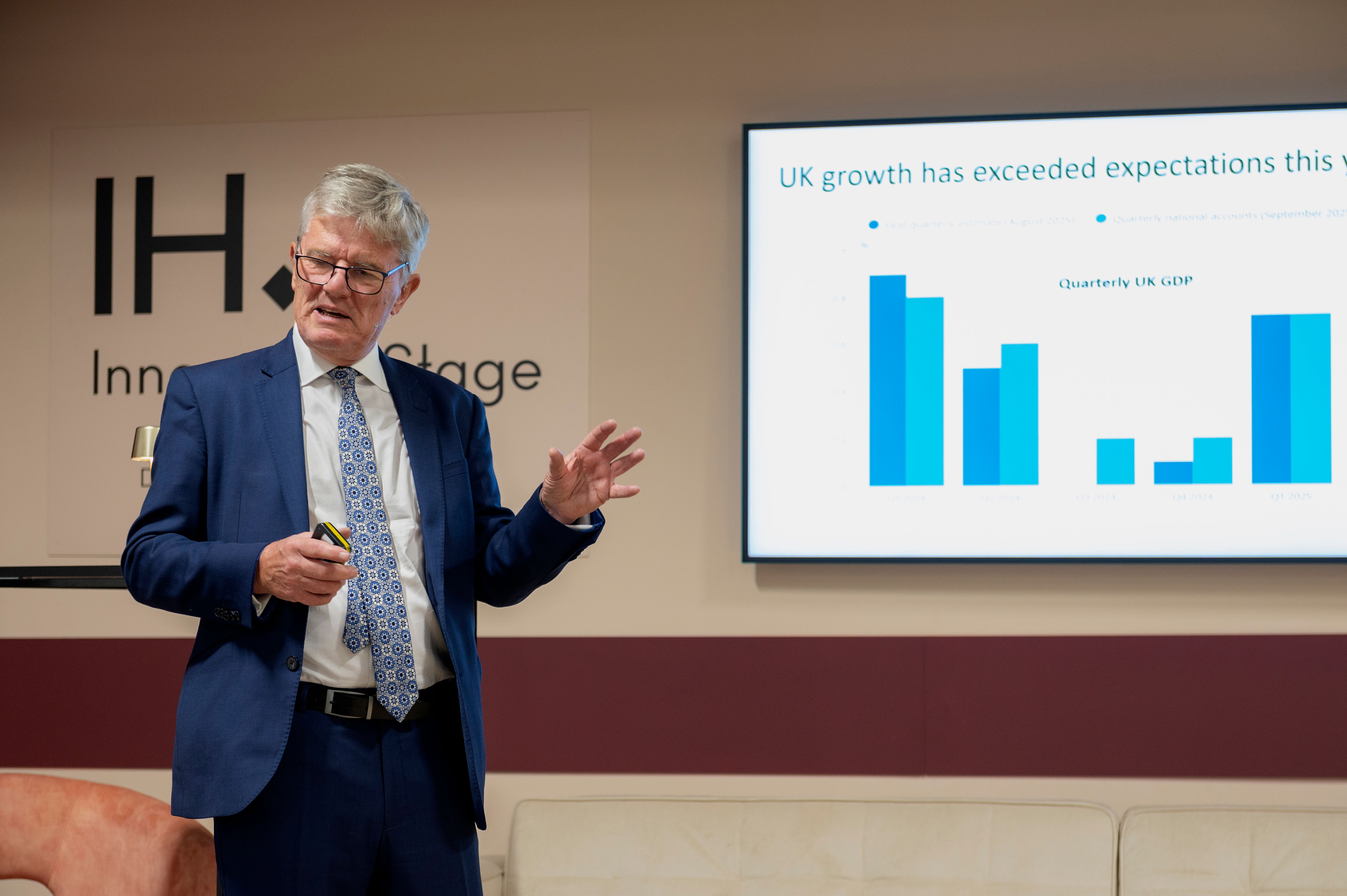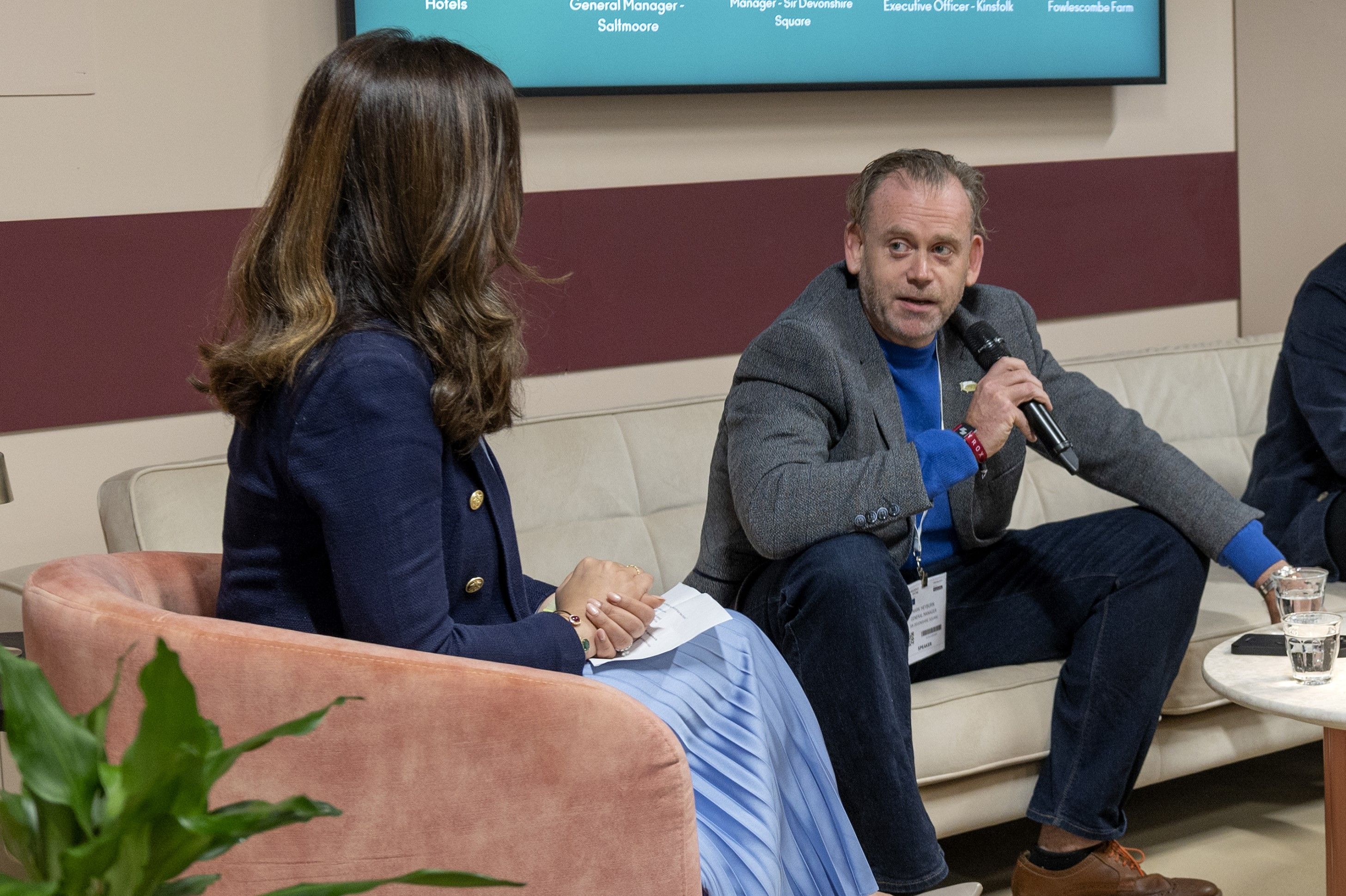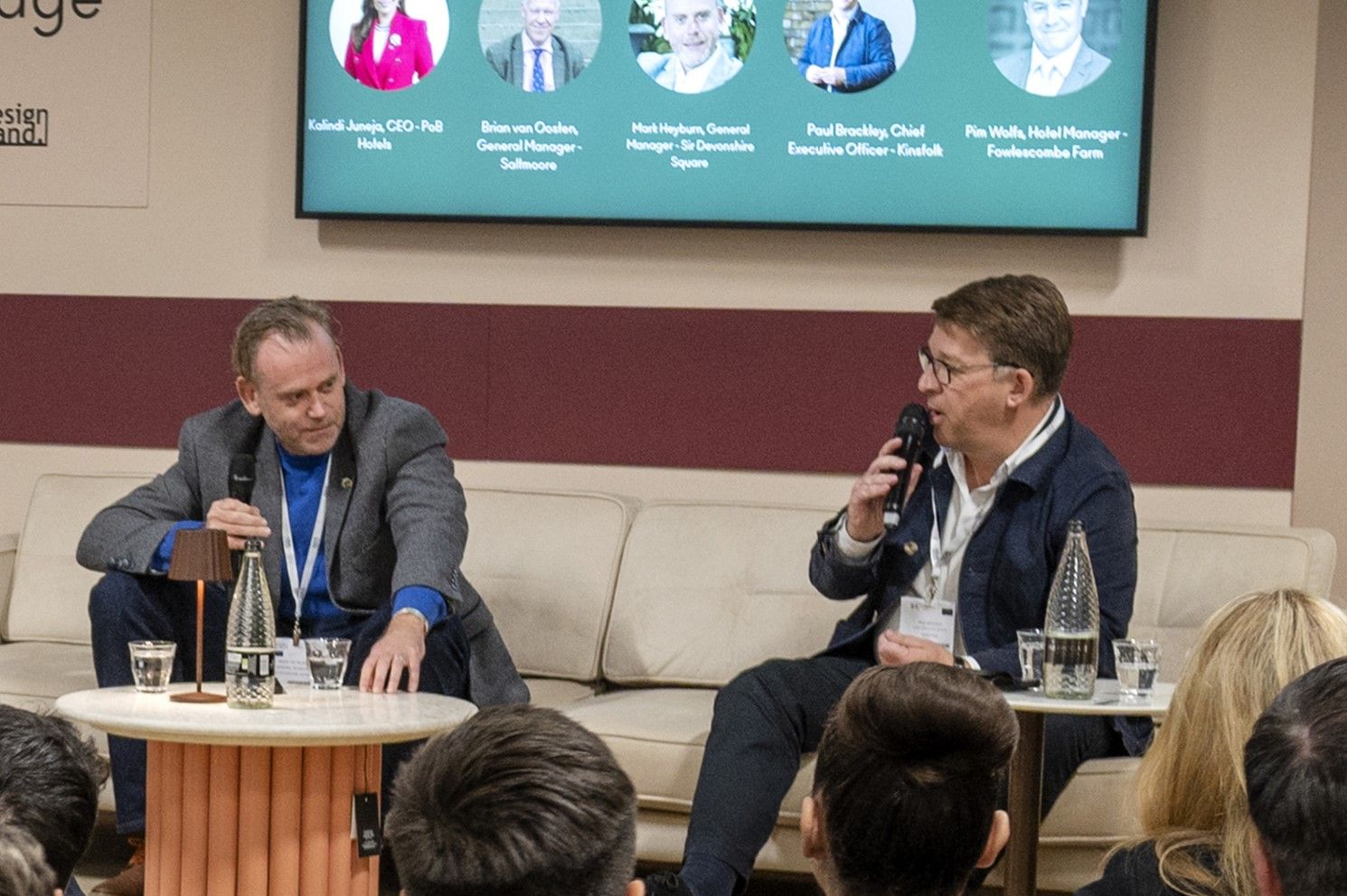Thriving in the Polycrisis: Building Agility in Uncertain Times
At IHS25, several sessions focused on one of the biggest challenges facing the hospitality sector today. How do independent hotels navigate an environment defined by rapid change and overlapping pressures. Speakers such as David Smith, Economics Editor at The Sunday Times, Mark Heyburn, General Manager at Sir Devonshire Square, and Paul Brackley, Founder and CEO of Kinsfolk & Co, each shared their insights on staying resilient in a world where uncertainty has become constant.
Across their discussions, one message stood out. Disruption is no longer an exception. It is the operating environment. Economic pressure, shifting guest behaviour, political unpredictability, and fast-moving technological change all converge to create a more complex landscape.
Yet the speakers also highlighted the significant opportunity that exists for independent hotels that can respond with clarity, agility, and purpose.
Understanding the New Landscape
 According to David Smith, long term predictability in the market has diminished, but appetite for travel remains strong. Even in challenging economic conditions, people continue to prioritise experiences.
According to David Smith, long term predictability in the market has diminished, but appetite for travel remains strong. Even in challenging economic conditions, people continue to prioritise experiences.
“People are still spending their money on travel because experiences matter more than things.”
This ongoing demand is an advantage for independent hotels that deliver thoughtful, memorable stays.
Agility as a Leadership Skill
Mark Heyburn emphasised that agility is now a core leadership requirement. Adapting quickly, making decisions confidently, and preparing teams for change are all essential capabilities.
“You need to pivot and be quite political in certain circumstances. There will be decisions that are unpopular but are the right thing to do.”
Agility is not reactive. It is proactive. It relies on curiosity, preparedness, and a willingness to challenge established ways of working. 
Communication Builds Stability
Across the IHS25 conversations, communication emerged as a crucial tool for navigating uncertainty. Transparency with staff, owners, and partners helps maintain trust during changeable conditions.
Regular updates, shared goals, and open dialogue give teams clarity, reduce worry, and support stronger performance. Communication becomes a stabilising force even when external pressures grow.
Purpose and People Leadership
Paul Brackley reinforced the importance of people focused leadership in turbulent times. When teams understand the wider purpose of the organisation and feel supported through periods of change, they respond with resilience and confidence.
 Purpose acts as a guide for decision making. It supports culture, shapes guest experience, and helps leaders stay focused when external conditions are unpredictable.
Purpose acts as a guide for decision making. It supports culture, shapes guest experience, and helps leaders stay focused when external conditions are unpredictable.
Strong people leadership keeps teams connected to that purpose.
The polycrisis presents real challenges, but it also offers meaningful opportunity. Independent hotels that combine agility with purpose and communicate with clarity will be best positioned to thrive.
The landscape may continue to shift, but the ability to create memorable, human, and distinctive experiences remains a powerful strength.
)
)
)
)
)
)
)
)
)
)
)
)
)
)
)
)
)
)
)
)
)
)
)
)
)
)
)
)
)
)
)
)
)
)
)
)
)
)
)
)
)
)
)
)
)
)
)
)
)
)
)
)
)